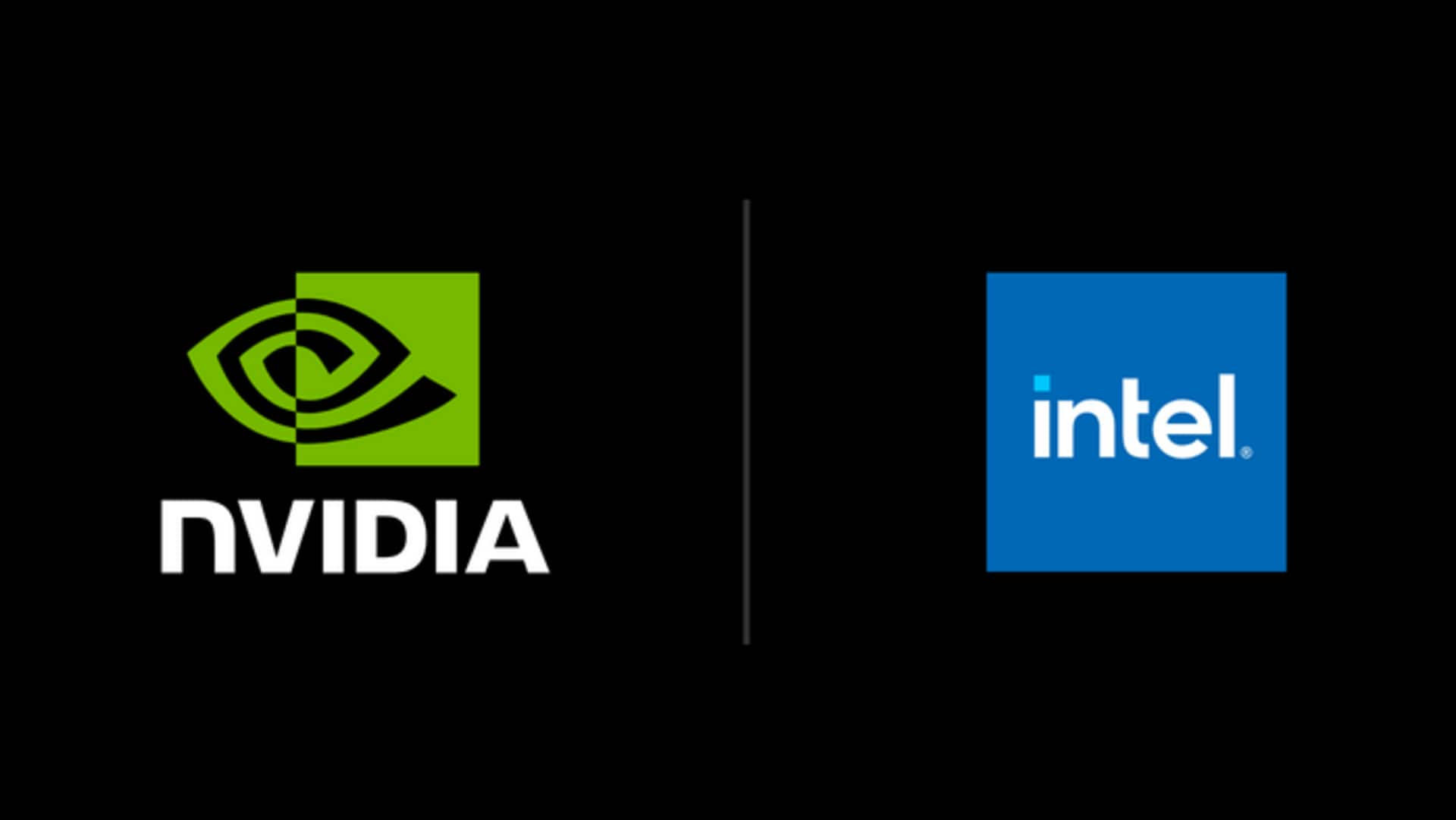
NVIDIA acquires $5B stake in Intel, plans joint chip development
What's the story
NVIDIA has announced a massive $5 billion investment in Intel, a move that could change the dynamics of the semiconductor industry. The deal will see NVIDIA acquire common stock of Intel at $23.28 per share, slightly lower than Wednesday's closing price of $24.9 per share but higher than the recent government purchase price of $20.47. This strategic partnership also includes plans for joint development of PC and data center chips by both companies.
Stake details
NVIDIA to become one of Intel's largest shareholders
The investment will make NVIDIA one of Intel's largest shareholders, with a stake of 4% or more after new shares are issued. The move comes as a major boost for Intel, which has been struggling to turn its fortunes around in recent years. The deal also poses a potential threat to Taiwan's TSMC, which currently manufactures NVIDIA's flagship processors.
Exclusions
Deal excludes Intel's foundry business
Notably, the deal doesn't include Intel's contract manufacturing business or "foundry," which makes chips for other companies. Most analysts believe that for Intel's foundry to survive, it would need a major customer like NVIDIA, Apple, Qualcomm or Broadcom. However, this deal adds to Intel's growing capital reserves after a $2 billion investment from Softbank and $5.7 billion from the US government.
Collaboration
Intel to gain competitive edge in AI market
Under the new deal, Intel will design custom data center central processors that NVIDIA will package with its AI chips or GPUs. A proprietary NVIDIA technology will enable faster communication between the Intel and NVIDIA chips. This could give Intel a competitive edge in the AI market, where many chips need to be connected together to process large amounts of data efficiently.
Market impact
Threat to AMD and Broadcom
Currently, NVIDIA's popular AI servers with speedy links are only available with its own chips. However, this deal will allow Intel to join the fray and monetize each NVIDIA server. The combined NVIDIA-Intel chips could pose a major threat to AMD and Broadcom, who are also working on their own AI servers and chip-to-chip connection technology.
Strategic advantage
Custom graphics chip for consumer markets
For consumer markets, NVIDIA will provide Intel with a custom graphics chip. This will be packaged with Intel's PC central processors and could give it an edge over competitors like AMD. Despite losing ground in data centers and PCs to Arm Ltd technology, Intel still holds a majority market share in x86 computing architecture.